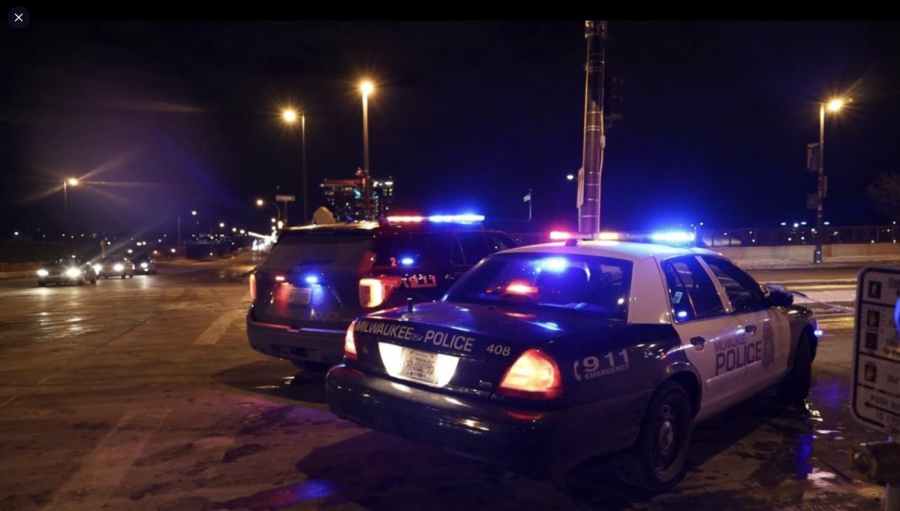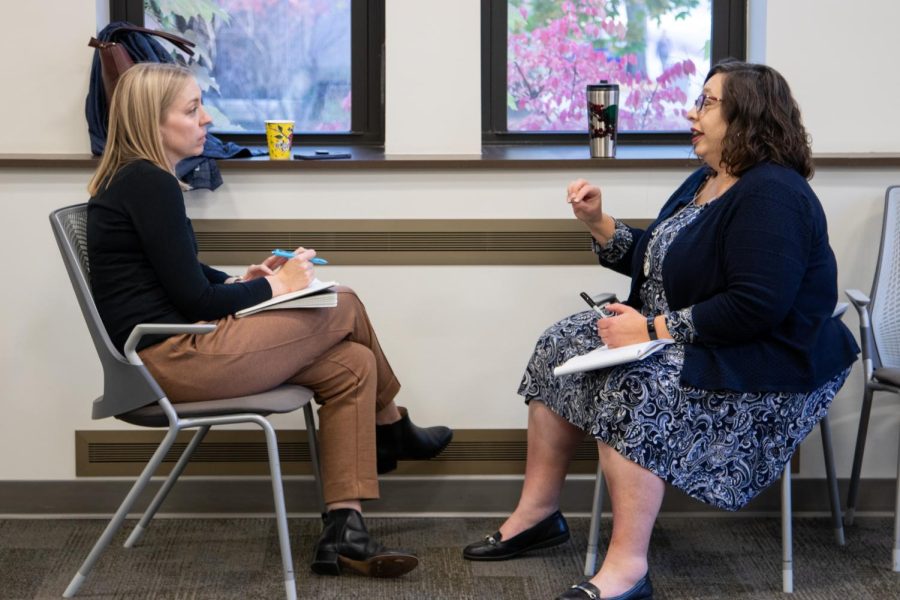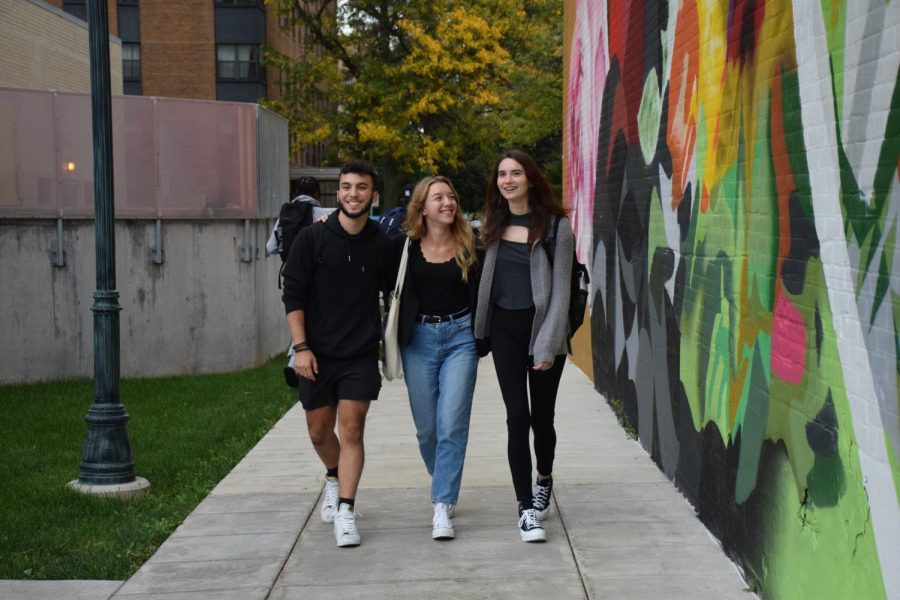As the nation sees an increase in violence on college campuses, it is important that we keep humanity at the forefront of our minds, hearts and conversations.
Last month, four college students were murdered at the University of Idaho.
In addition,three student-athletes murdered at the University of Virginia. On the surface, we call these events tragic and heartbreaking – and it is. But, in order to really understand the gravity of this violence, these deaths and the many others that have occurred recently, we need to allow ourselves to feel the weight of it.
One of the biggest epidemics plaguing our nation is something more subtle, seemingly less pervasive, but still threatening and deadly — desensitization.
Though it has become considered “normal” to hear day in and day out about death, gun violence and terror, we must all remember that just because it is ordinary to us, does not mean that it is meaningless. Much of these feelings occur because we have been raised this way.
The young people in this country have grown up with the reality of hearing about acts of violence every week — if not nearly every day. Many of us were brought into this world during the era of 9/11 and we continue to live a life characterized by “mass shootings” and “20 people dead” in headlines of our news stories, television segments and computer screens.
In a much less passive, more involved sense, we have been trained to handle inevitable horrors.
Children of the 2000s, growing up in a post-Columbine world, were taught that as much as what they learned sitting in their desks carried value, they had to be prepared to crouch under them and not make a sound. This type of preparation for active shooter incidents in schools became standard and has continued to be. We have all been conditioned to expect violence in school.
College students especially bear a significant amount of weight. We balance managing coursework, most likely working one, if not multiple jobs, maintaining our physical health, finding time for a social life and pursuing the American dream in a way that carries value for each of us. It is almost second nature to find an escape from the real world when we can, instead of facing the grievances it carries, but, it’s important not to look away too often.
When we choose to ignore or downplay the violence that occurs in this nation and in schools, we do it a disservice. Behind every safety alert, news headline and death, there are real people. There are daughters, sons, mothers, fathers, sisters, brothers, husbands, wives, friends and foes — all human beings with real emotions and intricate life stories.
At Marquette, we are subject to frequent violence as we often open our phones to messages from the police department or hear sirens in the background of our studies. We are not immune to it and we deserve to be cared for in light of it.
The aftermath of experiencing violence is a delicate time. It is important that students — and people in general — are granted access to mental health resources to validate their experiences and help heal some of the wounds that come with exposure to the worst humanity has to offer.
Instead of looking away, we need to feel the pain of this violence and act on it. We need to stand up for the peers we have lost, advocate for changes to be made in our legal system and empathize with those affected by these losses. We are nothing in this world if we are not compassionate, especially in light of violence, we must extend a helping hand and a hurting heart.
Editorial topics by the Marquette Wire are decided at weekly meetings between members of the executive board. The editorial is crafted with leadership by the executive opinions editor. The executive board consists of the executive director of the Wire, managing editor of the Marquette Tribune, managing editor of the Marquette Journal, general manager of MUTV, general manager of MUR and ten additional top editors across the organization.











